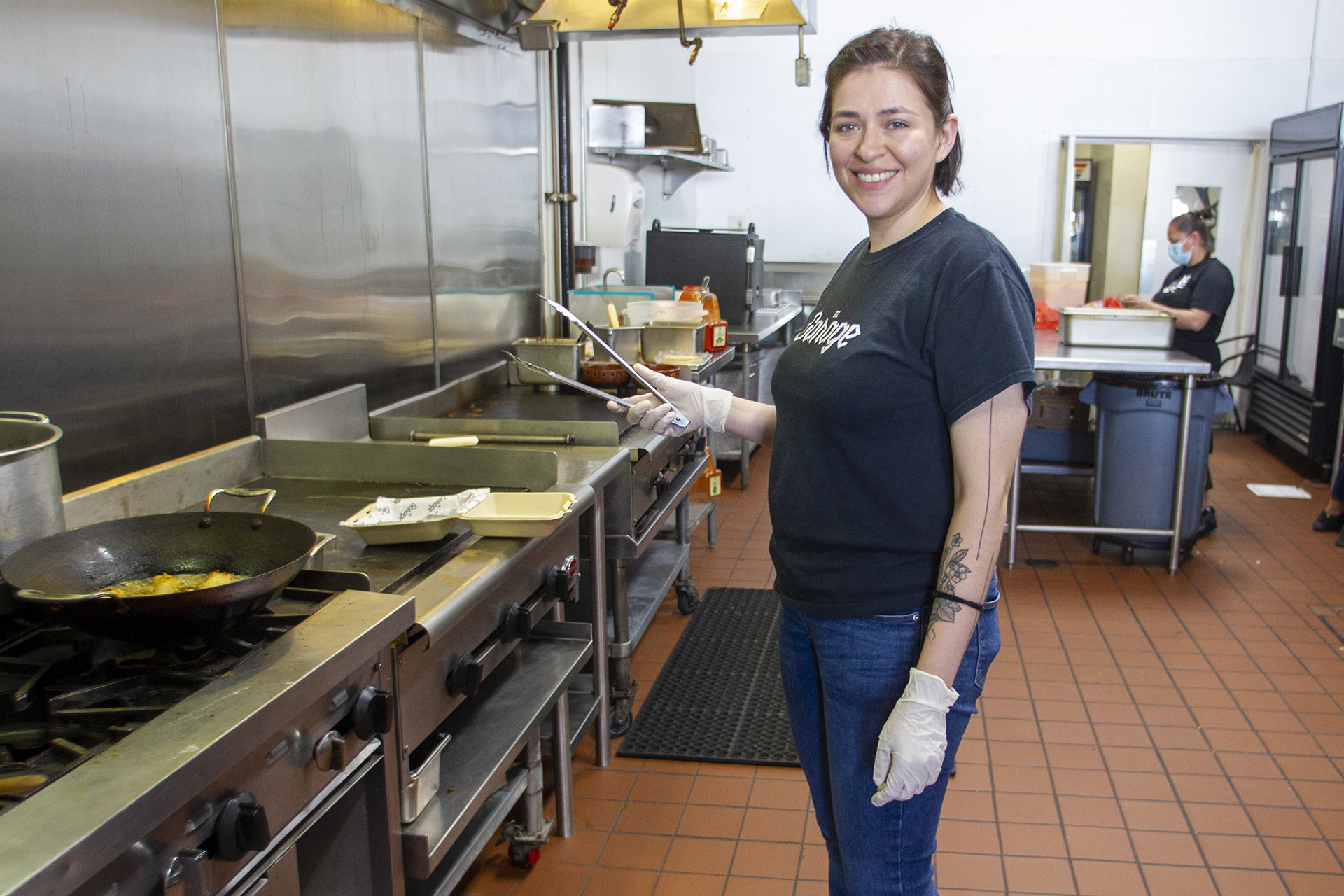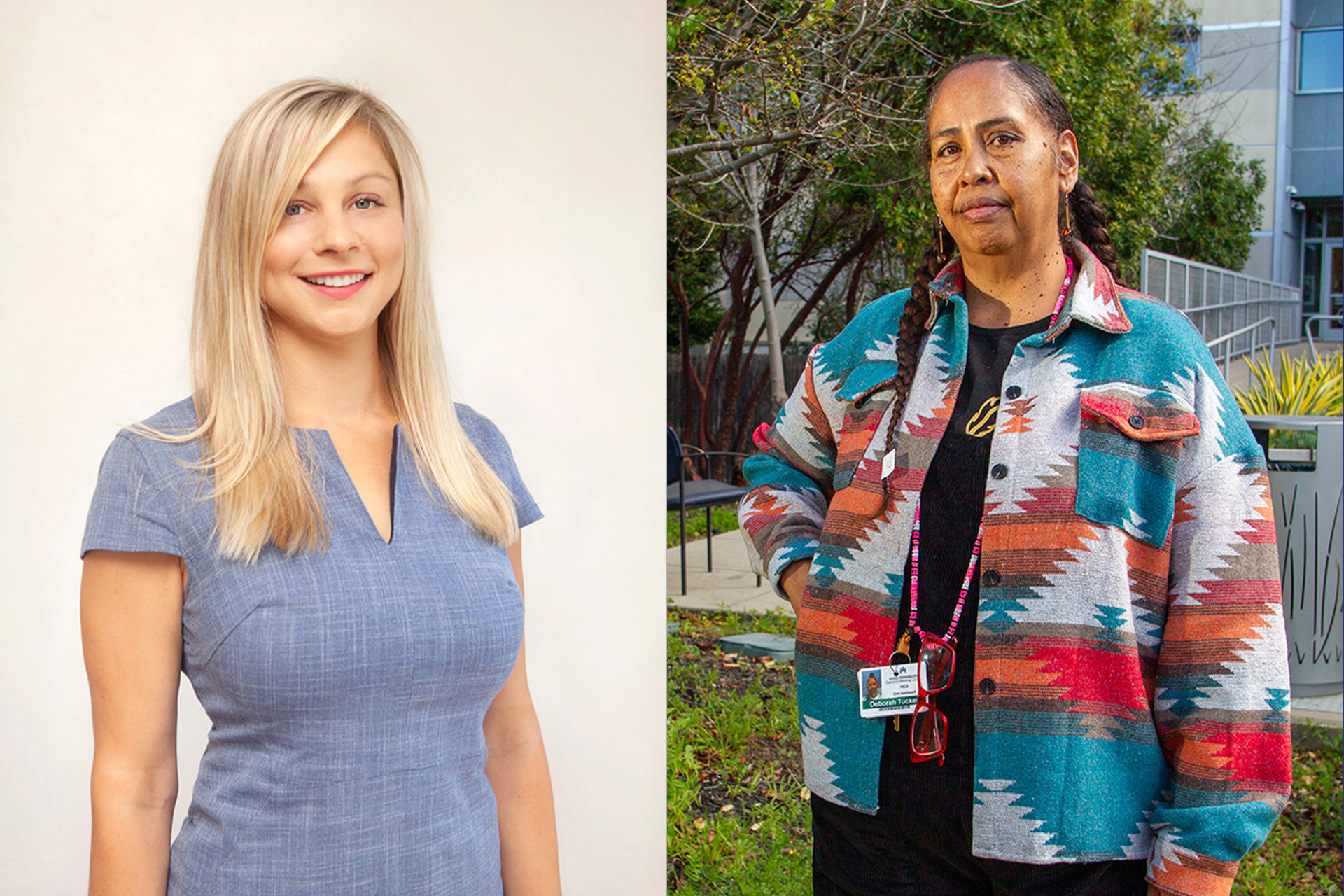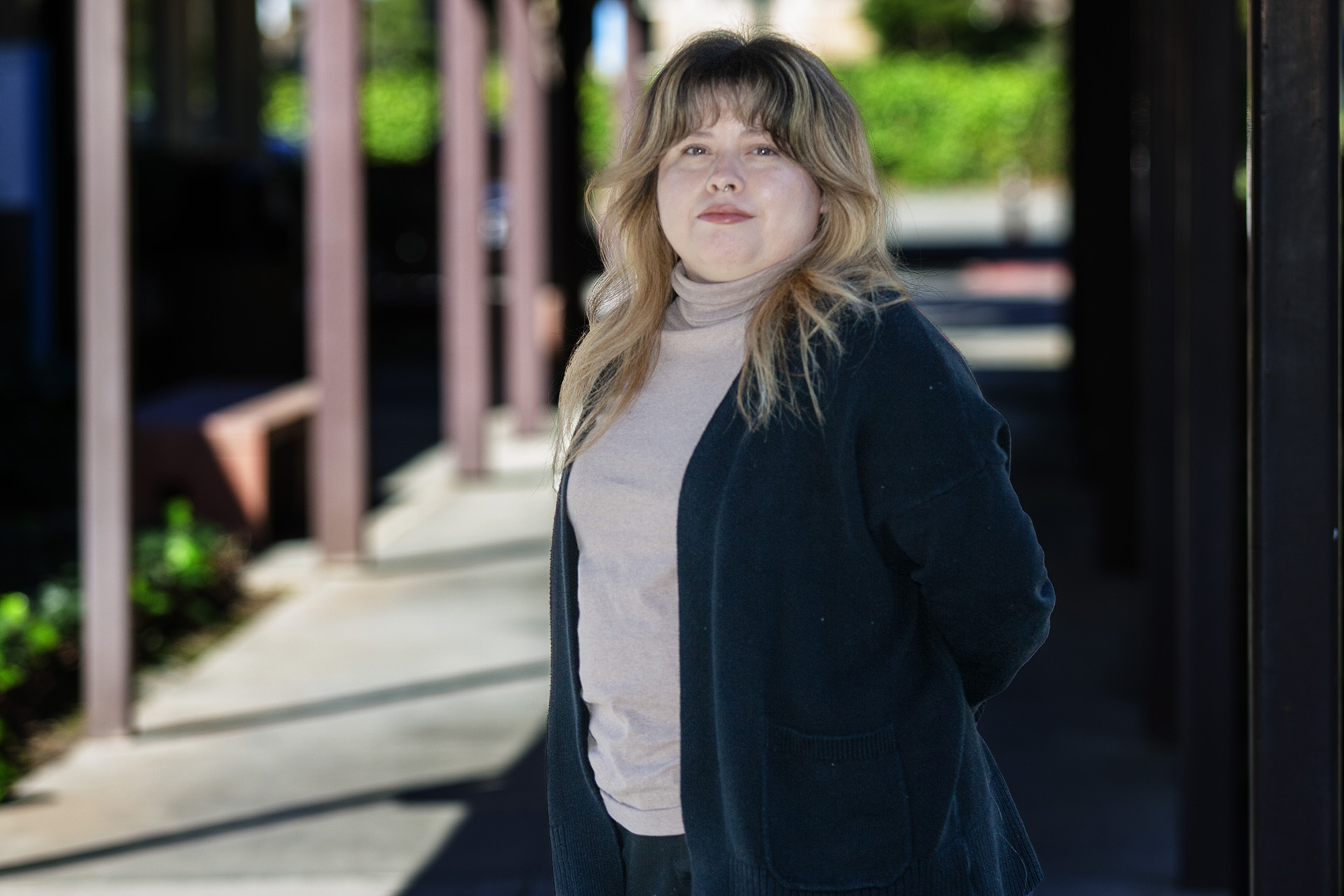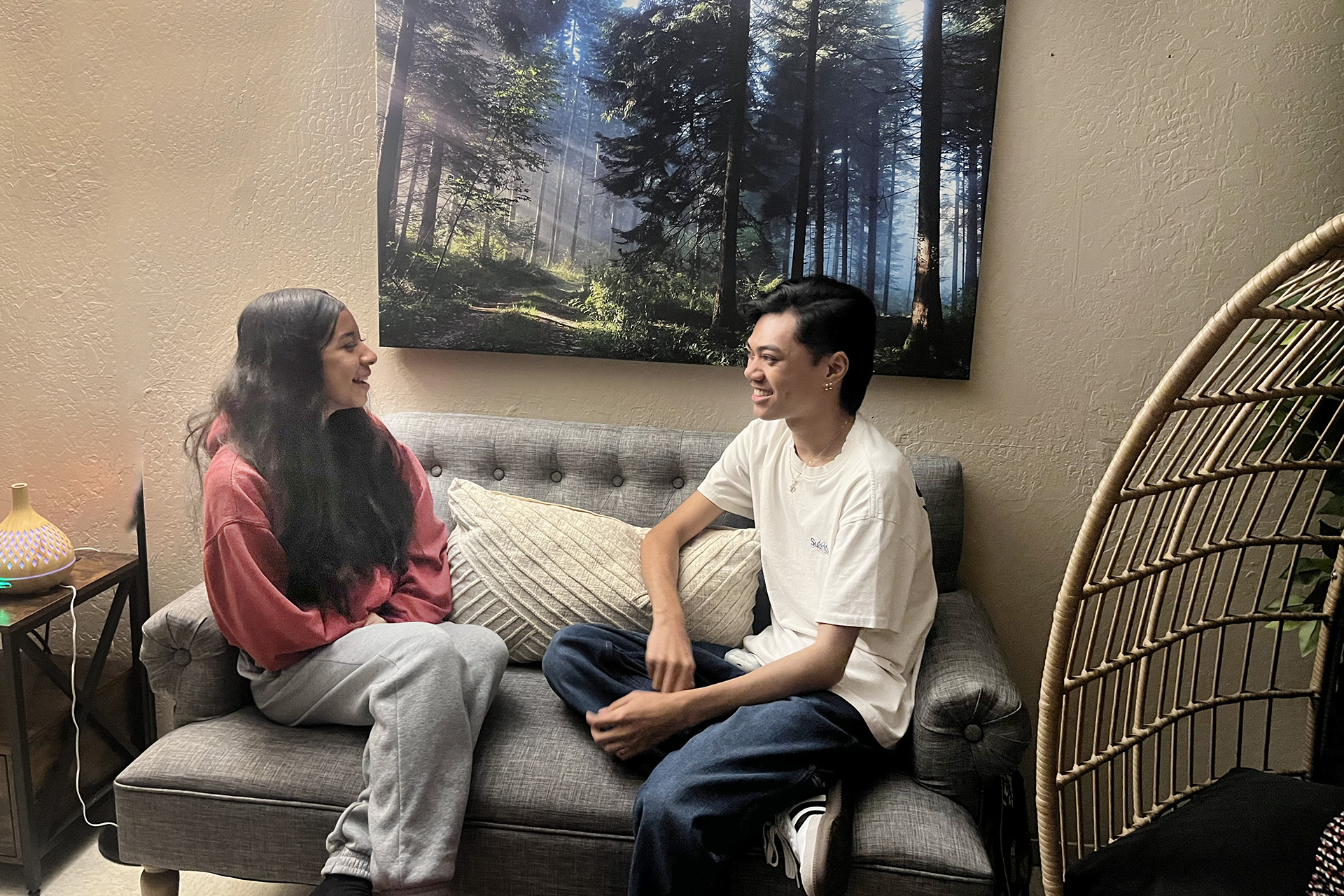When Viviana Montaño and her mother, Susana Ponce, started selling a refreshing new take on Mexican food out of their Richmond, California, home, word got out fast, fueled by a savvy social media presence.
“We had people waiting in line for 2 and a half hours for food we were selling out of our garage,” said 28-year-old Montaño.
Her Instagram presence grew to 30,000 followers as people raved and reposted reviews of dishes such as Aguachile Verde, (shrimp ceviche, with cucumbers, radishes, and red onion) or Tostada de Tinga (tostada, black beans, and chicken in chipotle tomato sauce).
In March, after COVID-19 related delays finally abated, Montaño opened a dine-in restaurant version of the business, appropriately named El Garage, in downtown Richmond.
Montaño, a tattoo artist who attended art school in San Francisco, found that when the business transitioned from her mother’s garage to a sit down and take out restaurant, she needed more information and education on how to make it successful. She got in contact with Renaissance Entrepreneurship Center, which helps mostly women, immigrants, and people of color start and grow small businesses.
Kaiser Permanente provides grant support to Renaissance and more than 50 other organizations in Northern California that help grow economic opportunity in underserved communities. Last year, the organization provided grants of more than $3.5 million to create quality jobs, assist students with college and career readiness, and help diverse small business such as El Garage.
“Me, my mom, and sister took a free Renaissance class in the food business series on how to raise capital and get credit, and they ended up helping us get a loan and find a business advisor,” said Montaño. “They connected us with a lot of people who helped us.”
Renaissance helps business owners take ideas and move them to planning and execution. Personal transformation, building self-confidence, and changing how people in business see themselves are some of the key goals of its programs, in addition to the more technical aspects such as constructing a business plan and applying for loans, said CEO Sharon Miller, who has worked with the organization 22 years.
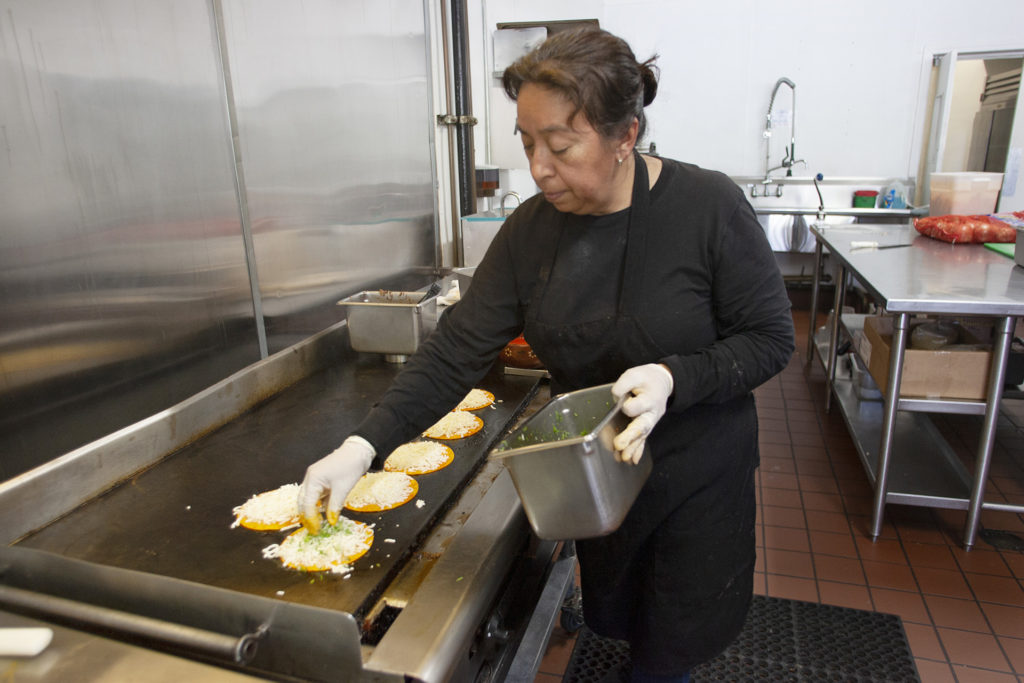
“Helping small business owners achieve financial independence is true economic development,” said Miller. “We encourage people to get the support they need and become successful on their own terms. And when we help create these successful small businesses, we feel we are doing our part in creating an equitable economy.”
Organizations like Renaissance Entrepreneurship Center help make communities that have endured decades of underinvestment more economically vibrant, and this is foundational to good health, said Yvette Radford, Kaiser Permanente Northern California vice president of External and Community Affairs.
“That’s why Kaiser Permanente is working to create thriving local economies and reduce inequities in the communities we serve,” Radford said. “By strengthening businesses owned by people of color, we can help improve health for individuals, families, and entire communities.”
Economic development allows people to bring goods and services to their communities, hire locally, and contribute personally to the community, said Miller. “And it gives them a more comfortable life by allowing them to make enough money, so they are not worried about everything all the time.”
For Montaño, starting a business is not only creating jobs for her family and others, it’s a way to bring her hometown back together after the isolation of COVID-19. Her plan to add music and comedy nights will help “open up the community that has been closed off for 2 years now.”
“I really wanted to be in Richmond because it’s where I live and grew up,” Montaño said. “We are making bonds here. I feel like we created something really good.”
